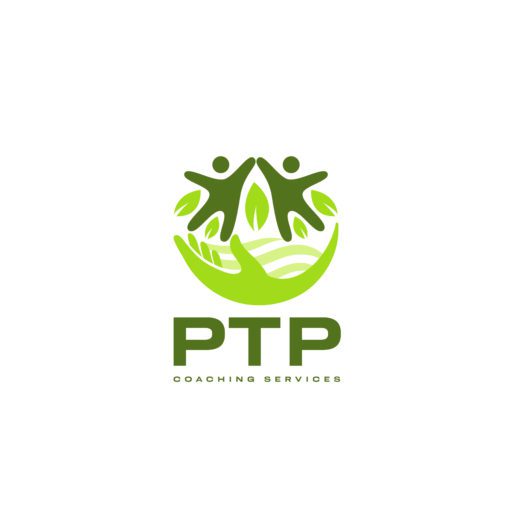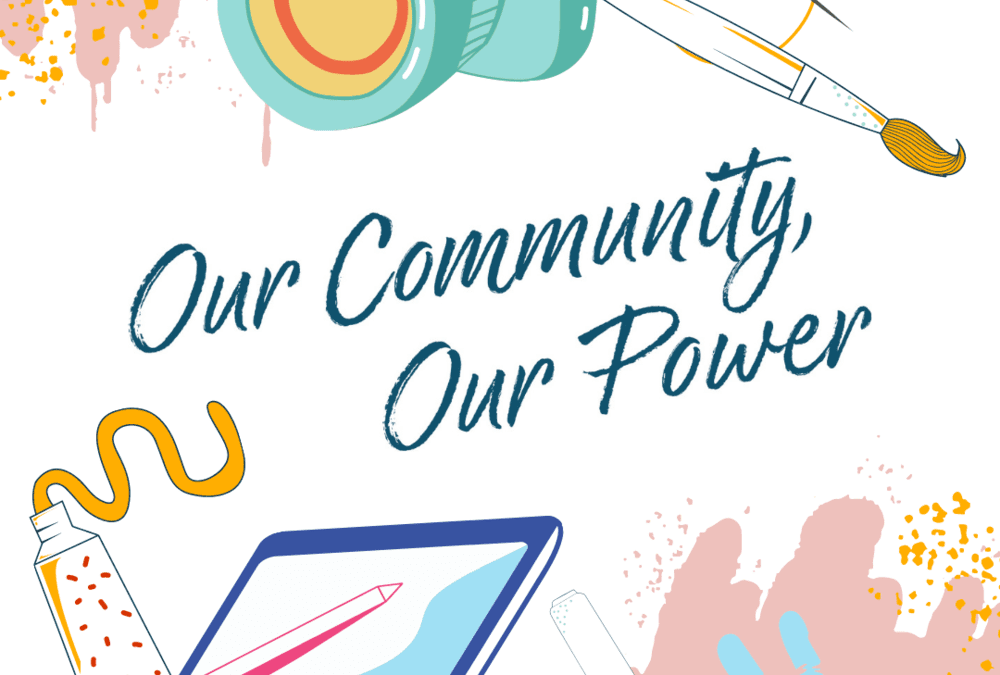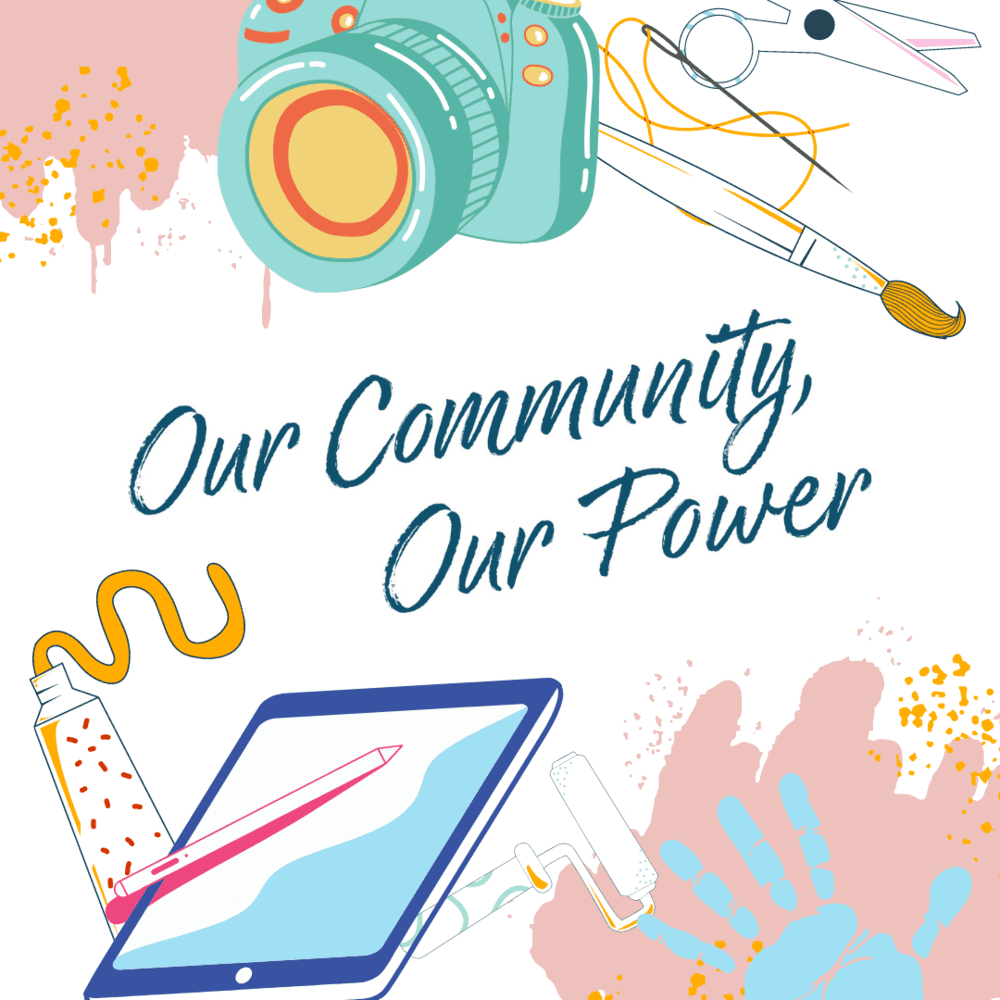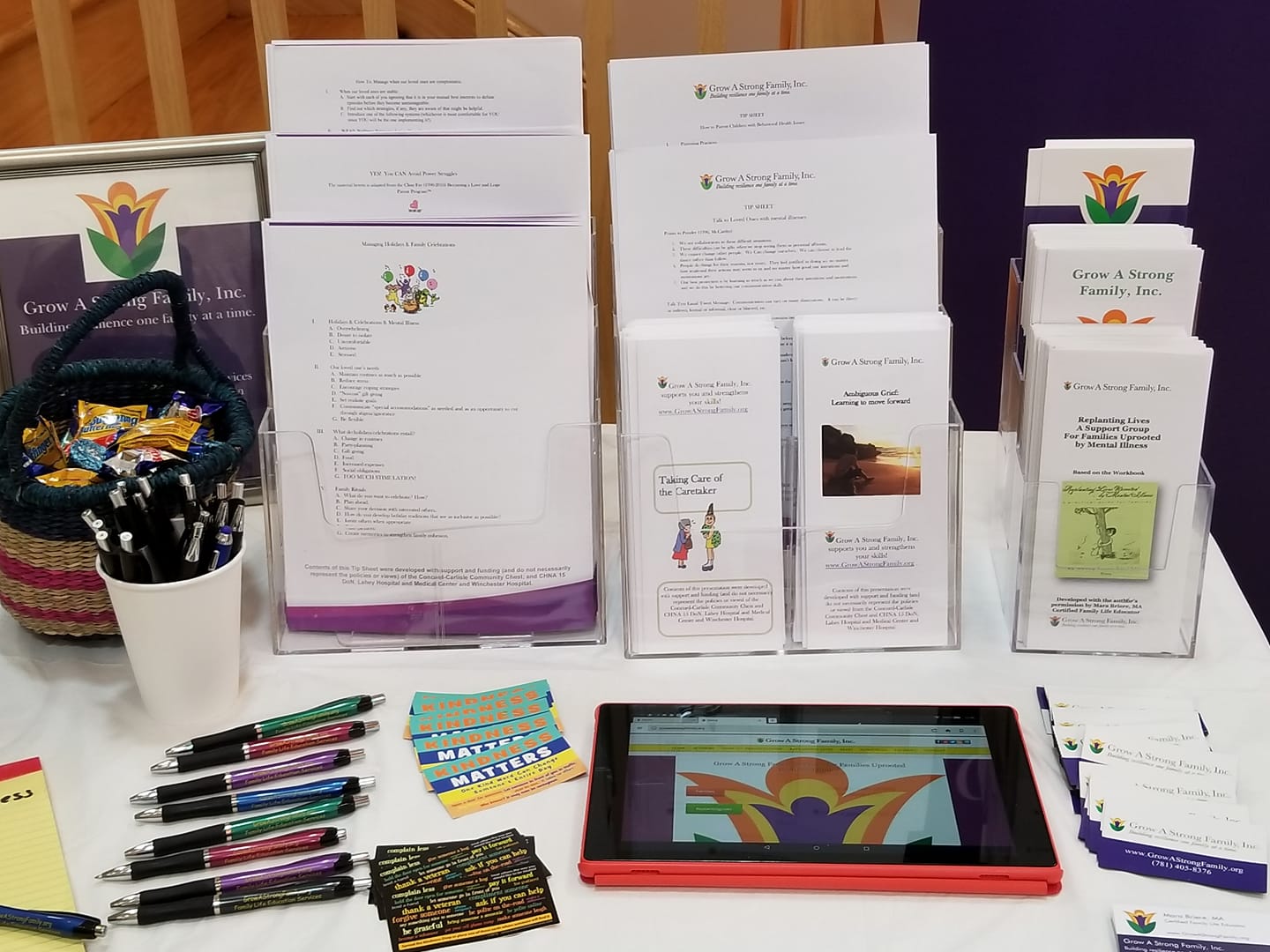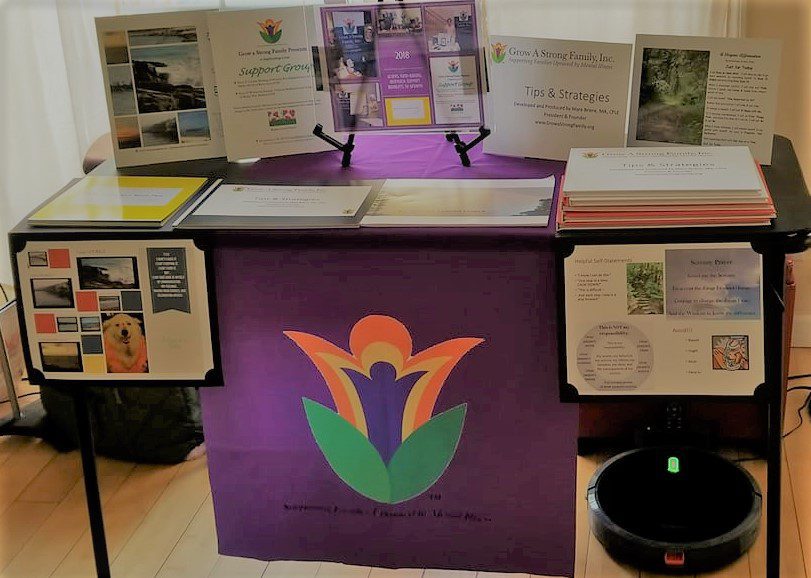
When Parents Are Rejected

When Parents Are Rejected
I have added coaching through estrangement to my practice since this issue comes up regularly in the work I do with families impacted by the serious mental illness (SMI), also referred to as serious brain disease (SBD) of an adult child. During the initial 20-minute consultation, parents are asked the following questions:
“How long has your child gone no contact?”
“Has your child been diagnosed with a serious mental illness?”
“What happens when you have contact?”
“What happens when you reach out?”
“Are other family members also being rejected?”
“Do you want to reconcile?”
One of the common threads in the answers given is that their child has been diagnosed with a serious mental illness. Their child’s narrative includes a litany of complaints about mistreatment and abuse at the hands of the parents despite overwhelming evidence to the contrary. When this happens, the adult child is in a delusional state. A delusion is a belief that something is real when it is not. This is why the parents’ efforts to connect are rebuffed. Often, the parents unwittingly trigger their child by arguing with the delusion. This results in anger and vitriolic communication from the child to the parent. The child wants the parents to apologize for the abuse, and the parents are genuinely baffled when there has not been a history of abuse. Another common symptom of SMI is anosognosia, which is a lack of awareness or insight that one is ill. Trying to reason with someone who clings to an altered version of their life (a delusion) and has no insight that they have a serious mental illness is at the root of these estrangements.
Most parents who wish to participate in coaching had close, loving relationships with their children until their children became sick. By the time they reached out for coaching, they had tried everything they could think of to no avail. They realize that reconciliation is not possible with this child. The only way reconciliation can happen is when the child becomes stable through treatment and with the guidance of a team that understands SMI. They can learn the symptoms of their illness and sometimes identify the delusional thinking that has brought them to the loss of their families. Today, however, their parents are not interested in being verbally abused, misused, and spurned by the child they loved with all their hearts. They are ready to let go, detach, and move on because that is what they can do.
Whenever a loved one is diagnosed with a chronic illness, especially a chronic brain disease like schizophrenia, schizoaffective disorder, bipolar disorder with psychotic features, and others, there is a shift in the family’s constellation. Relationships change. The uncertainty of instability coupled with non-compliant medical care keeps families guessing how to proceed. Under the best of circumstances, the family can acknowledge the loss it feels, realign its roles, and integrate their loved one seamlessly. When a loved one is delusional, displays anosognosia, and lashes out at family members, estrangement is a logical outcome. Rarely is rejection only of the parents; it usually includes siblings and extended family.
Coaching is a process where I partner with the parents and develop actionable plans to heal the deep hurt caused by this betrayal so that the parents can get to a place where they understand their child has an unasked-for brain disease and do the hard work of forgiving them. This does not mean that the hurt is minimized. Parents are deeply hurt and experience a betrayal of a primary relationship wherein they won’t trust their child like that again. Relationships change anyway when there is an unasked-for brain disease involved. Rejection by a beloved child is a hard pill to swallow, mainly because it severs the bond between parent and child, preventing them from developing a new relationship due to the diagnosis of a serious mental illness.
I am not a professional without lived experience of this phenomenon. When one of my daughters was diagnosed with Bipolar 1, she was delusional. She accused me of terrible abuses from her childhood. I was shocked, confused, and bewildered. She was my Velcro child. I was her strongest advocate. I was the parent who showed up for her whenever she needed me. Her dad and I offered financial aid when she was unemployed after graduating college so she could keep her apartment and remain independent. When the narrative of abuse began, I did not know this was a symptom of her illness. The therapist she was seeing bought the story even though she had been told of my daughter’s recent diagnosis, and the goal of therapy was to help her understand the illness and her symptoms. The therapist was clueless about SMI, delusional thinking, and anosognosia and focused instead on the alleged trauma, adding teeth to the delusion. My daughter managed to remove every person in her life who refuted her version of her childhood in support of the delusion she presented, that of a traumatized person, a survivor of terrible abuse. In my journey, I came to understand that my daughter’s SBD created a narrative that is a common symptom of SMI. I learned to reach a place of forgiveness for her behavior because, after all, she is ill. Sheri McGregor’s books Done with the Crying: Help and Healing for Mothers of Estranged Adult Children and Beyond Done with the Crying have been the most helpful for me and the ones I recommend the most. The Facebook community is also a great resource.
When you are ready for additional support, consider reaching out for coaching. Contact me.
